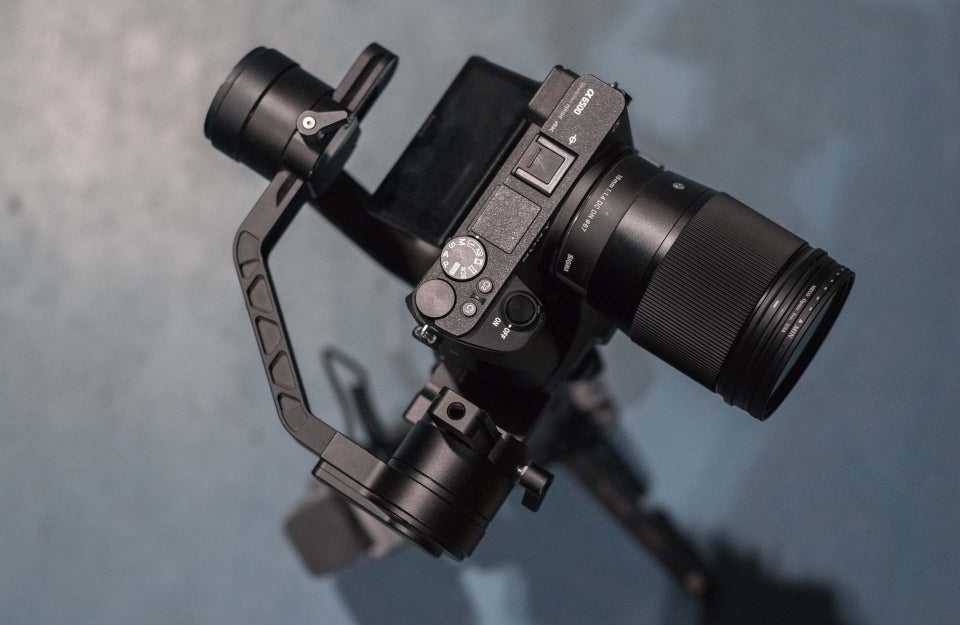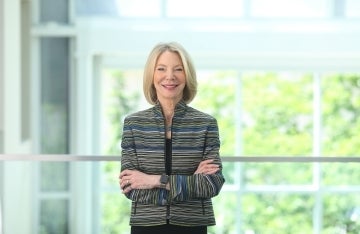CAMRA Receives $250,000 Grant from Mellon Foundation
The grant will support CAMRA’s undergraduate mentorship program.

Photo Credit: Aman Upadhyay / Unsplash
It’s not hard to accept the idea that a journal article or a book fits the definition of “scholarship.” But what about a film? Or a podcast? Or dance?
The aim of CAMRA at the University of Pennsylvania is to support students doing multimodal research, and whose output can be represented by images and sounds, rather than just the printed page. As one of the group’s core activities, CAMRA’s collective of graduate students serve as mentors to an annually-chosen group of undergraduate fellows.
To support this fellowship program, which emphasizes mentoring students of color from underrepresented groups, CAMRA has just received a $250,000 grant from The Andrew W. Mellon Foundation. This grant represents continued support from the Mellon Foundation, which also made a seed grant in 2016 to design an earlier iteration of the CAMRA Fellows program.
The Fellows program is CAMRA’s flagship undergraduate mentoring program, assisting burgeoning multimodal researchers to gain the theoretical and technical skills necessary to create their own projects. With roughly half of the undergraduates coming from Penn and half from other local universities, including several Historically Black Colleges and Universities, CAMRA Fellows Program uses multimodal scholarship as a mechanism for getting undergraduates to reimagine what scholarship looks like and to consider applying for doctoral degrees in the humanities and social sciences.
“Part of what drives my own approach to this kind of scholarship has always been the sense that multimodal research is an incredibly powerful mechanism for diversifying academia,” says Annenberg School for Communication Dean John L. Jackson, Jr., who is the founder of and faculty advisor to CAMRA. “Indeed, as someone who graduated from Howard University with an undergraduate degree in film production, I only decided to enter a doctoral program in anthropology because an enthusiastic professor at Columbia University promised to assist me in figuring out how to make films that might one day be intelligible to scholarly audiences.”
Several of the early CAMRA Fellows have gone on to graduate school in the United States or United Kingdom. In fact, one of the fellows from 2016-17 — Farrah Rahaman — will be starting her Ph.D. at the Annenberg School in the Fall. She will be joined in her cohort by Melissa Skolnick-Noguera, who is pursuing a joint Ph.D. at Annenberg and the School for Social Policy and Practice, and who directed the Fellows Program in 2016-17.
Current Annenberg Ph.D. student Arlene Fernández served as the Director of the CAMRA Fellows Program in 2017-18, and Rahaman joined her that year as Coordinator of the program.
This new Mellon grant expands the program by supporting three new cohorts, each of eight sophomores, over the next three years, and providing them with year-round mentorship by Ph.D. students from Penn. Through the program, the students begin work on multimedia projects that they could continue to develop as part of future Ph.D. programs.
The Fellows and their mentors meet for a week at Penn over the summer for an intensive introduction to multimodal scholarship and its transformative impact on academic research. They also get trained in the media techniques they will deploy to create their junior-year research projects.
During their senior year, Fellows continue to work closely with their mentor to think about and apply to graduate programs, with the aim of composing compelling applications to Ph.D. programs in the humanities and social sciences.
Each year, the fellows present this work at CAMRA’s Screening Scholarship Media Festival (SSMF), which will be held this weekend at the Annenberg School for Communication.
CAMRA is comprised of students from, and supported by, a number of schools at Penn, including the Annenberg School, the School of Arts and Sciences, the School of Social Policy & Practice, and the Graduate School of Education. It is also supported by the newly-launched Center for Experimental Ethnography, a cross-school initiative which coordinates scholarship, research, and public partnerships related to multi-modal work practices.



